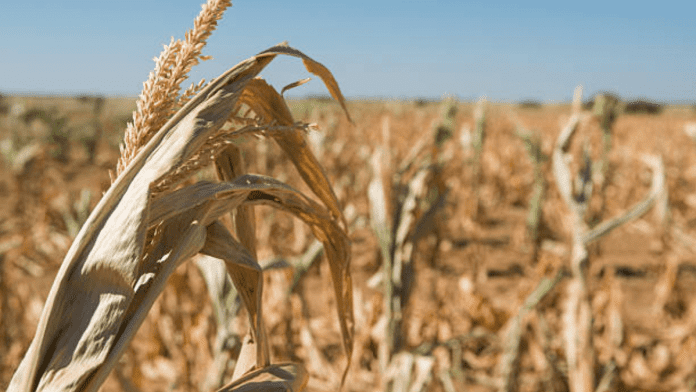News in Brief:
– FAO warns of looming maize shortfall in Southern Africa, threatening food security and driving up domestic prices.
– Weather patterns aligning with El Niño, calls for immediate action to bolster resilience for the upcoming agricultural season.
The Food and Agriculture Organization of the United Nations (FAO) recently issued a stark warning, highlighting a looming maize shortfall across Southern Africa. This forecasted deficit in cereal production, particularly maize, spells trouble for local farmers and communities, intensifying food insecurity and driving up domestic prices.
Recent months have seen widespread and significant rainfall deficits, compounded by record-high temperatures, dealing a severe blow to crops across the region. With little hope for recovery before the upcoming harvest season in May, agricultural households face acute challenges. Approximately 20% of the subregion’s caloric intake relies on white maize, making this shortfall particularly concerning for local communities.
FAO estimates that around 16 million people in Southern Africa experienced acute food insecurity in the first quarter of 2024. This number could worsen as the year progresses, with food prices already on the rise at rates exceeding 10% annually. Even traditionally maize-exporting countries like South Africa and Zambia find themselves unable to meet the demand, resorting to imports to bridge the gap.
The current weather patterns align with the El Niño phenomenon, but forecasts suggest a potential shift to La Niña later this year, offering hope for more favorable precipitation. However, FAO emphasises the urgency of implementing resilience-building measures to help farmers prepare for the next agricultural season, slated to begin in September 2024.
Several governments, including those of Malawi, Zambia, and Zimbabwe, have declared drought emergencies. Collaborating with the NASA Harvest program, FAO’s geospatial observations highlight the adverse impacts on key cereal crops in various parts of the region. Zimbabwe, Malawi, and Mozambique are expected to face significant increases in import needs, further underscoring the gravity of the situation.



